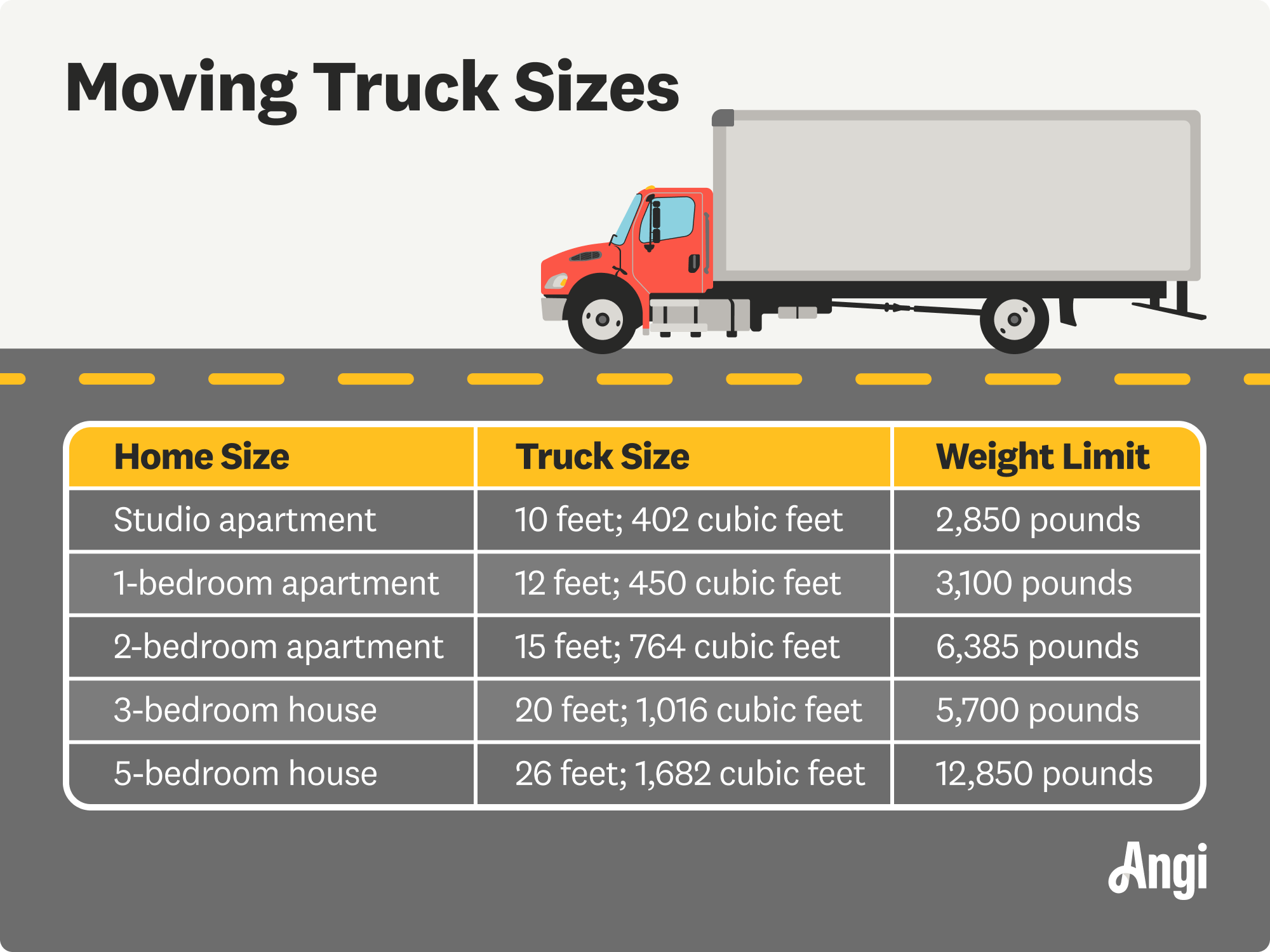
The cost to move a mobile home depends on the distance, mobile home size, and other factors. This guide will help you budget for your mobile home move.
Keep yourself busy (and out of the way) when movers are working


If you’re the type of person who feels a bit anxious when someone is working in your home—likely because you feel obligated to help—you’re not alone. So, what should you do while professional movers are transporting your belongings on moving day? Follow our guide to 12 tasks you can knock out while your movers finish their work.

You don’t need to lounge poolside and feel unhelpful during the move. Here are some tasks you can do while the movers work to make moving day easier.
Moving is exhausting and energy-zapping. Ask your movers if they would like water, coffee, or some other beverage and a light snack when they arrive. If they decline in the moment, you can leave the refreshments somewhere easy to find if they change their mind. If the move takes longer than four hours, offer a lunch break. Wondering what to feed the moving crew? Ask for lunch requests ahead of time or at the beginning of the packing process.

Your movers will be shuttling large and heavy items around for hours; the last thing they need is a small child or an excitable dog at their heels. Have a family member or friend watch your kids and furry friends for a few hours to keep them out of the moving area.
If some of your furniture pieces or appliances aren’t moving with you, set them aside in a designated space (or designate with Post-it notes) so your movers won’t have to ask you which things to move and which not to move. Keep in mind that they want to finish the job as quickly as possible, so it’s critical to take extra steps to minimize confusion.
Try to keep fragile items together in one area, and make sure to label all boxes as such, so the movers know to handle them delicately. Similarly, you should clearly mark items or boxes that you need to unpack first, so the moving team knows to prioritize them at the drop-off point.
You’ll feel better knowing you’ve carefully unplugged, labeled, and wrapped your electrical cords before you hit the road. This prep work will help you get back online quickly in your new home. Before disassembling your electronics, don’t forget to take pictures of the equipment’s wiring connections. The visual map will come in handy when reassembling items at your new place.
You’ll also save time and help the movers if you unplug lamps, kitchen appliances, and anything else that needs electricity.
It’s helpful to set aside a closet or small room that’s clearly labeled “Do Not Pack.” All the better if the room locks. Point out the area to your movers, so they know not to load items from that space into the moving truck. Depending if your move is cross-country or local, you may consider tucking away these items in your “do not pack” location:
Personal items: Wallet, purse, computers, phone, and chargers
Comfort items: Bedding, coffee maker, snacks, drinks, cooler
Family and pet necessities: Toiletries, medicine, toys, car seats
Important paperwork: Moving documents, financial and legal statements
Move-in kit: Cleaning supplies, hand soap, toilet paper, paper plates, disposable silverware
Make a date to say goodbye to friends and neighbors by hosting a party to give away or serve all of the refrigerator and freezer items you can’t take with you. Then, prepare your appliance for the move.
You should follow the manufacturer guidelines for moving, and give yourself at least three days to clean your fridge. You’ll need to empty, wipe down, sanitize, and dry out all of the refrigerator and freezer parts. The perfect time for mold and mildew to grow is in a dark, wet appliance during storage and transit, so be sure to dry everything completely.
Moving companies have a list of items they won’t pack, and it typically includes flammable chemicals like gas and oil. So, you’ll have to plan to run your mower, leaf blower, snow blower, and recreation vehicles out of gas or siphon it into family and friends’ equipment. Go ahead and pass along your grill’s propane tank, too. Moving companies won’t pack them, even if they’re certified empty.
Walk through your garage, shed, and pantry and clear out portable shelving units used for storage. Dismantle the plastic and metal shelves and carefully label and bundle the pieces so they're easy to rebuild later.
Check with your moving company about what types of indoor furniture they will and won’t break down, depending on the moving truck capacity and the furniture’s size and quality. For example, you won’t break down an antique wardrobe, but a cube shelf with toy bins will likely need disassembly.
As the movers empty rooms, use the cleared-out space as an opportunity to clean up. Tackle last-minute cleaning tasks like sweeping the floors, wiping the baseboards down, and dusting off the blinds. You’ll save time and money later and feel good about leaving your old home sparkling.

Even the most experienced movers can miss a thing here or there. As the movers clear each room, do a final walk-through of the space—looking through closets and behind doors—to ensure nothing gets left behind. If you find something that needs to go in the moving vehicle, kindly inform the movers so they can add it to their to-do list.
You should confirm the form of payment one day before the move with your local moving company, and ensure to have it ready to go, whether it’s cash, debit, or credit card. The last thing your movers want is to wait for you to run off to an ATM.
You may feel compelled to help the movers since it often feels odd to watch people work around you—especially with your things—without contributing. But most movers prefer that you stay out of the way and tackle other moving-related tasks so they can finish the job as quickly as possible. Plus, there may be liability issues if you assist.
To help you feel in control on the big day, call your moving company the day before your move and ask if there are any tasks to prepare for your move that would make things easier. For instance, they may request that you unplug all the appliances, pack up cables, or move the cars out of the driveway for easier access to your home. If you didn’t pay for packing services, you’ll need to have everything packed and labeled when the movers arrive. They might also ask for a copy of your final moving box inventory list.
Tips not only thank movers for a job well done but are customary and appreciated by the movers. You should plan to tip your movers based on the total cost of the job or per mover. If you tip by percentage, it’s customary to tip between 10% and 20%, depending on the difficulty and conditions of the move. You might opt to tip each mover individually if you spent significant time with each person.
From average costs to expert advice, get all the answers you need to get your job done.

The cost to move a mobile home depends on the distance, mobile home size, and other factors. This guide will help you budget for your mobile home move.

How much do hot tub movers cost? Find out the average prices for professional hot tub movers, whether you’re moving it on your property or to a new home.

Shipping a motorcycle is easier said than done. Here are the different motorcycle shipping options available and how much they cost.

You’ve just moved into a new home and aren’t sure which projects to tackle first or what can wait. Read on for advice on the to-dos you should take on initially.

Packing dishes is often an overlooked part of the moving process. Learn how to pack dishes for moving in a safe and strategic way with this DIY guide.

Packing houseplants for a move is often overlooked until the last minute. Learn how to pack your plants for a safe move, even in extreme conditions.